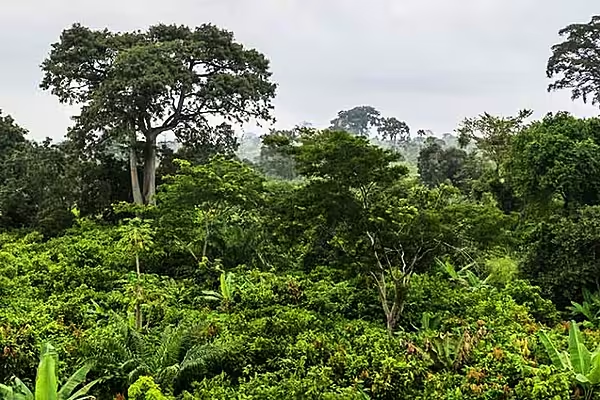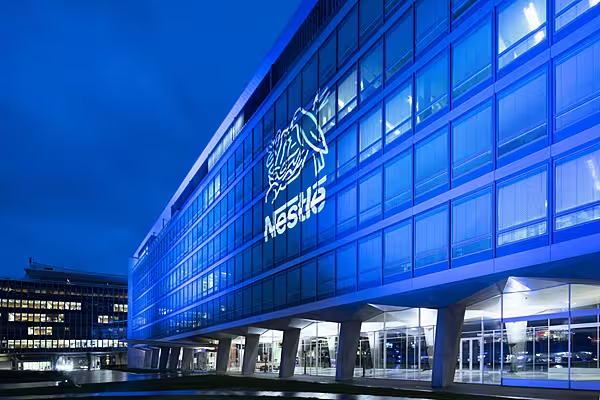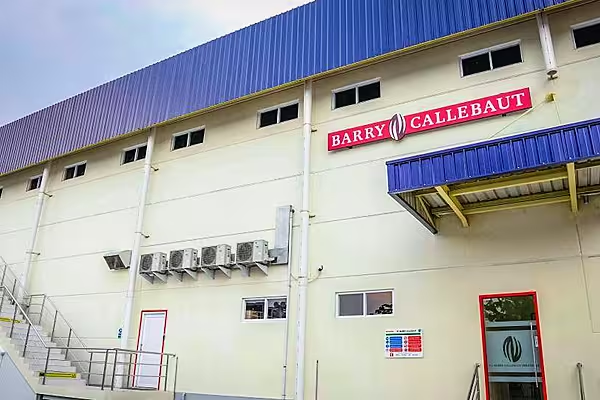Nestlé has reported progress in its efforts to end deforestation in the cocoa supply chain and introduce regenerative supply chains for forests and communities.
It aligns with the food giant's pledge to source 100% of its cocoa sustainably under the Nestlé Cocoa Plan by 2025.
Deforestation remains one of the pressing issues facing the cocoa sector, especially in West Africa, the company noted.
In 2017, Nestlé joined the public-private Cocoa & Forests Initiative to help end deforestation and restore forests in Côte d'Ivoire and Ghana.
In March 2019, it published a detailed action plan to support these collective efforts.
Over the past three years, Nestlé has been working with the governments of Ivory Coast and Ghana, suppliers, partners and the cocoa farming communities to scale up its actions.
In 2020, Nestlé made good progress despite the impact of the COVID-19 pandemic on certain activities such as mapping the farmers' lands, farmers' training, and cookstoves distribution, the food giant noted.
Measures
So far, Nestlé has mapped 85% of the farm boundaries of the 110,000 Nestlé Cocoa Plan farmers in Ghana and Côte d'Ivoire.
It has distributed over 1,250,000 native forest and local fruit trees in Ivory Coast and Ghana to make farms more climate-resilient and diversify farmers' incomes.
The company also distributed more than 2 million high-yielding cocoa trees in Ghana to restore cocoa-growing farms and boost productivity.
Other efforts include financial support through village saving loan associations, distribution of efficient and less polluting cookstoves, initiating income-generating projects, and training on agricultural best practices and sensitisation on the importance of protecting forests.
Other Efforts
In 2020, Nestlé partnered with the ministry of water and forests of Ivory Coast to restore the Cavally forest reserve.
It is a biodiversity hotspot under threat due to deforestation. Nestlé has kicked off the community consultations with 1,600 people in 66 cocoa-producing villages.
It is an important step to foster inclusiveness and ensure success, and help track the forest's carbon stock to evaluate the influence of activities toward reducing greenhouse gas emissions, the company added.
It is also implementing natural solutions, like forest conservation and restoration, to absorb more carbon, improve soil health, and enhance biodiversity.
© 2021 European Supermarket Magazine. Article by Dayeeta Das. For more Supply Chain news, click here. Click subscribe to sign up to ESM: European Supermarket Magazine.














